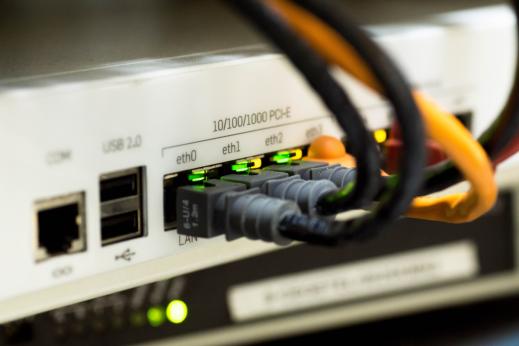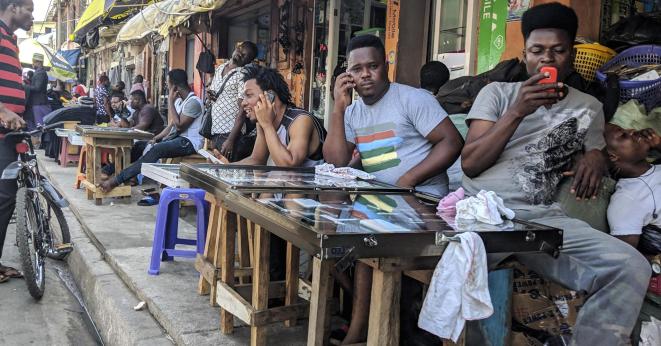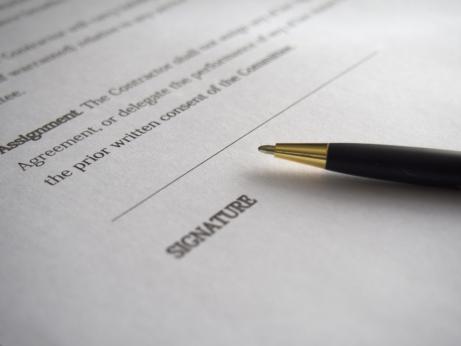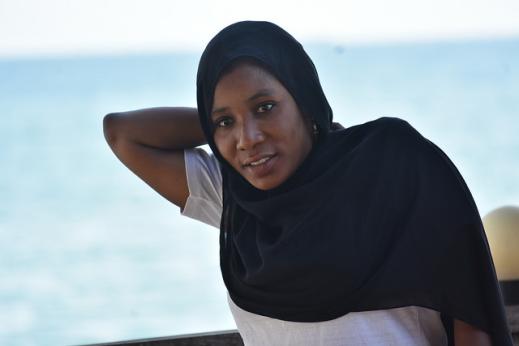I have always been of the opinion that POLICY IS BORING, I say this every time I have the opportunity to be at gatherings where policy discussions, especially tech/internet policies are held and I also ask myself all of these times, what can I do to make these conversations more interesting to the people who the outcomes of these conversations will benefit the most? Getting accepted into the 7th African School on Internet Governance held from the 4th to 9th… Read more
Internet governance
At its founding, in the late 80s, the internet promised to democratize information, level uneven grounds, and the destroy barriers associated with distance, space, and time. Through promoting communication, coordination, integration at a pace and scale beyond the ability of any government to halt, the connectivity set a foundation for dichotomies so often aligned with colonialism, imperialism, and globalization.
Today the internet is not just about inscrutable abstracts on the potential merits of its ubiquity but rather its impact and probable effects on a global scale.… Read more
Africa continues to work towards addressing the internet access and use divide. However, we now need to find a seat at the table of emerging data-driven solutions. These technologies offer the potential to make life easier and improve decision-making. Specifically, Artificial Intelligence (AI) seems to hold the promise of positively impacting education, enhancing financial services, bettering government service… Read more
The World Summit on the Information Society (WSIS) defines internet governance as the development and application by governments, the private sector and civil society of shared principles, norms, rules, decision-making procedures and programmes that shape the evolution and use of the internet.1 The internet is a network of autonomous networks of computing devices, which share the same core protocols enabling them to interoperate regardless of the endpoint applications and devices.2
Governance, most simply defined, is a form of control to ensure organisations, communities or societies… Read more
Negative.
That’s the ultimate effect in one word!
Social media taxes are taxes charged for the use of social media platforms. We have seen their implementation in a few African countries, including Uganda ($0.05 per day), Tanzania ($0.05) and, for a brief time, Benin. Similar taxes have also been proposed in Zambia ($0.03). The motivations behind this policy are multiple and layered; some governments are attempting to silence their opposition and those who support them, while others are using this tax as a way to make money.
What does this do… Read more
Something historic happened by the Nile earlier this month. From 4-6 November 2018, at Corinthia Hotel Khartoum by the banks of that gargantuan and historic river which traverses the African continent, stakeholders from across the continent and the world gathered to participate in the African Internet Governance Forum (AfIGF).
The setting of the AfIGF by the Nile was perhaps figurative. As a colleague mentioned to me, ‘’Oh, you attended the AfIGF by that very contentious river.” By that, he was referring to plans by several nations upstream the Nile to dam it, for purposes… Read more
My interest in internet governance issues was sparked when I coordinated a project on internet access for women in northern Nigeria in 2016 with the ultimate goal of bridging gender digital exclusion and promoting greater access to the use and benefits of internet to women.
Following this experience, I began to apply to participate in internet governance forum events. Initially, I had little success, but my dream eventually came to fruition in August 2018 when I received an invitation to the 2018 African School on Internet Governance (AfriSIG). When I first heard about AfriSIG, I was… Read more
No matter how many times I sit in a space that is reflecting on, learning from or critiquing issues around gender, I am always both pleased and flummoxed by the range of perspectives in the room, with some people gasping at the idea that gender is and always has been a spectrum and other people strongly affirming the importance of LGBTIQA inclusion in all spaces including, in this case, on the internet.
APC invited me to participate in this year’s African School on Internet Governance (AfriSIG), which took place in Zanzibar, less than 100 metres from the warm waters of the Indian… Read more
I have wanted to attend the African School on Internet Governance (AfriSIG) ever since I participated in the Internet Governance Forum (IGF) as an ISOCYouth@IGF fellow last year. It was through this formative experience that I first developed a passion for internet governance. Even with my limited background in the field, I decided to organise the Arusha Women School of Internet Governance (AruWSIG) and the Tanzania School of Internet Governance (TzSIG) with the hopes of sharing my newfound knowledge with my community.
When I received confirmation of my acceptance to AfriSIG, I… Read more
La 6e École africaine sur la Gouvernance de l’Internet (AfriSIG) qui se tient à Zanzibar en Tanzanie du 11 au 16 octobre 2018, réunit trente-cinq apprenants et une vingtaine d’encadreurs, experts et personnes ressources. L’AfriSIG est un cours intensif annuel d’apprentissage et de partage des connaissances de cinq jours, organisé par l’Association pour le Progrès des Communications (APC) et la… Read more









